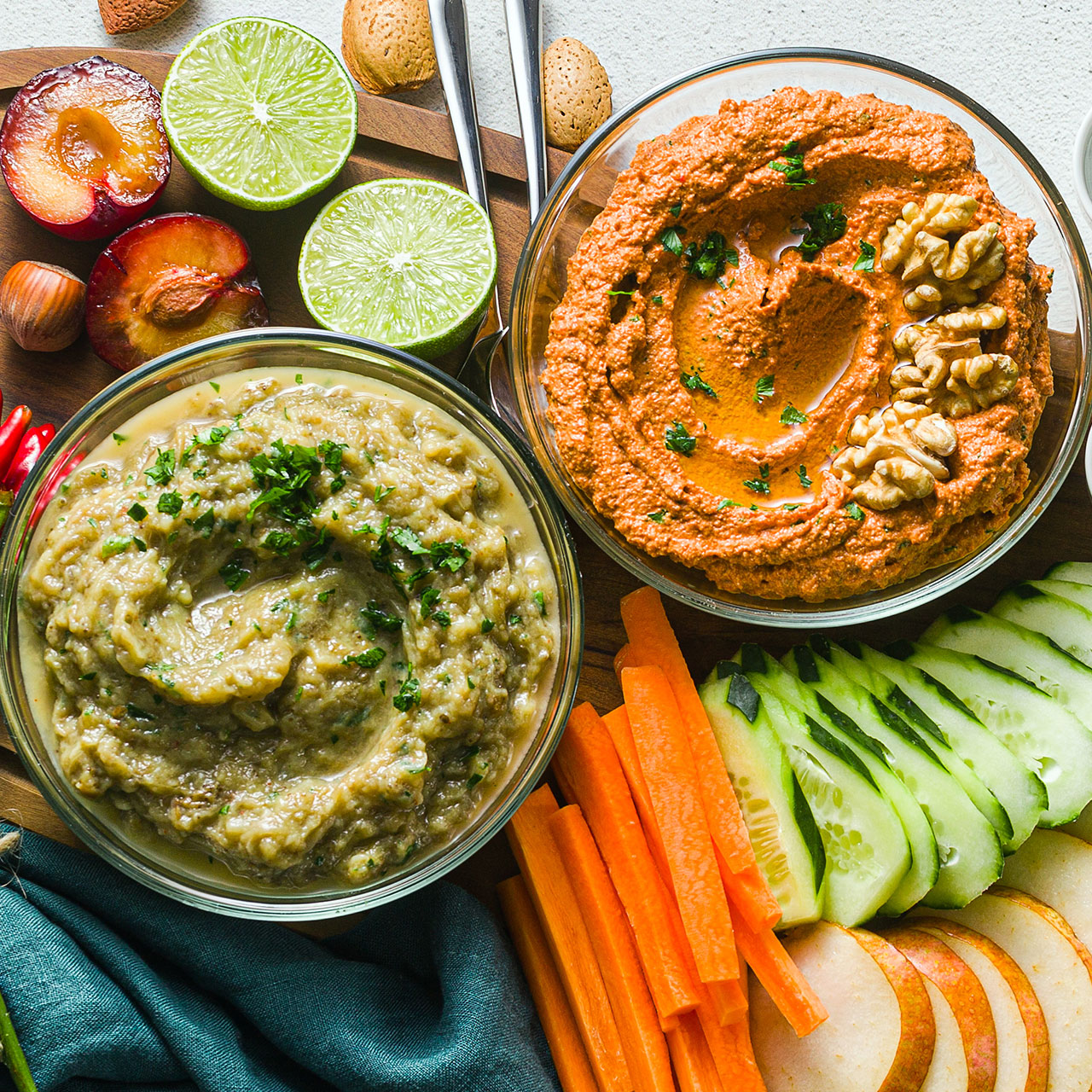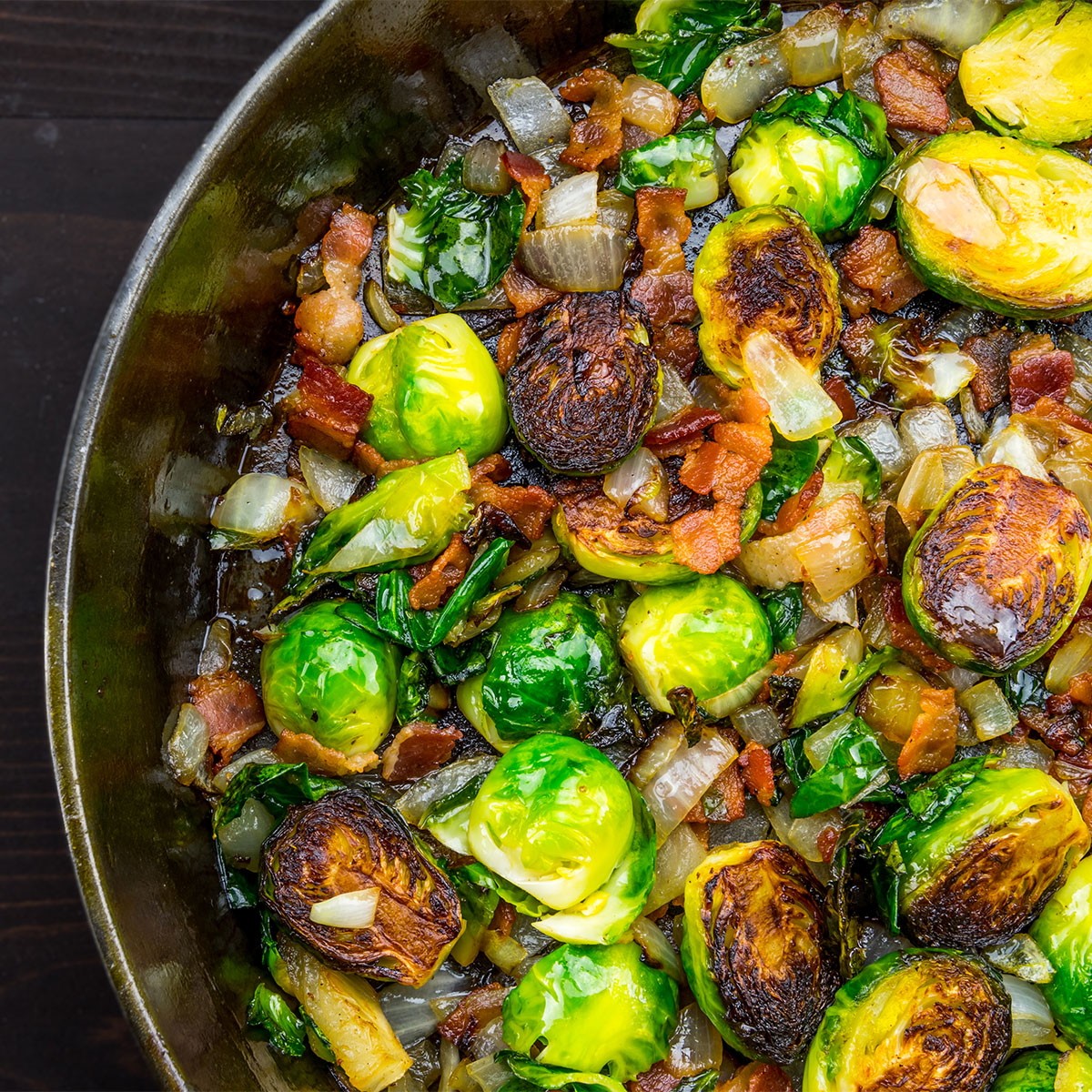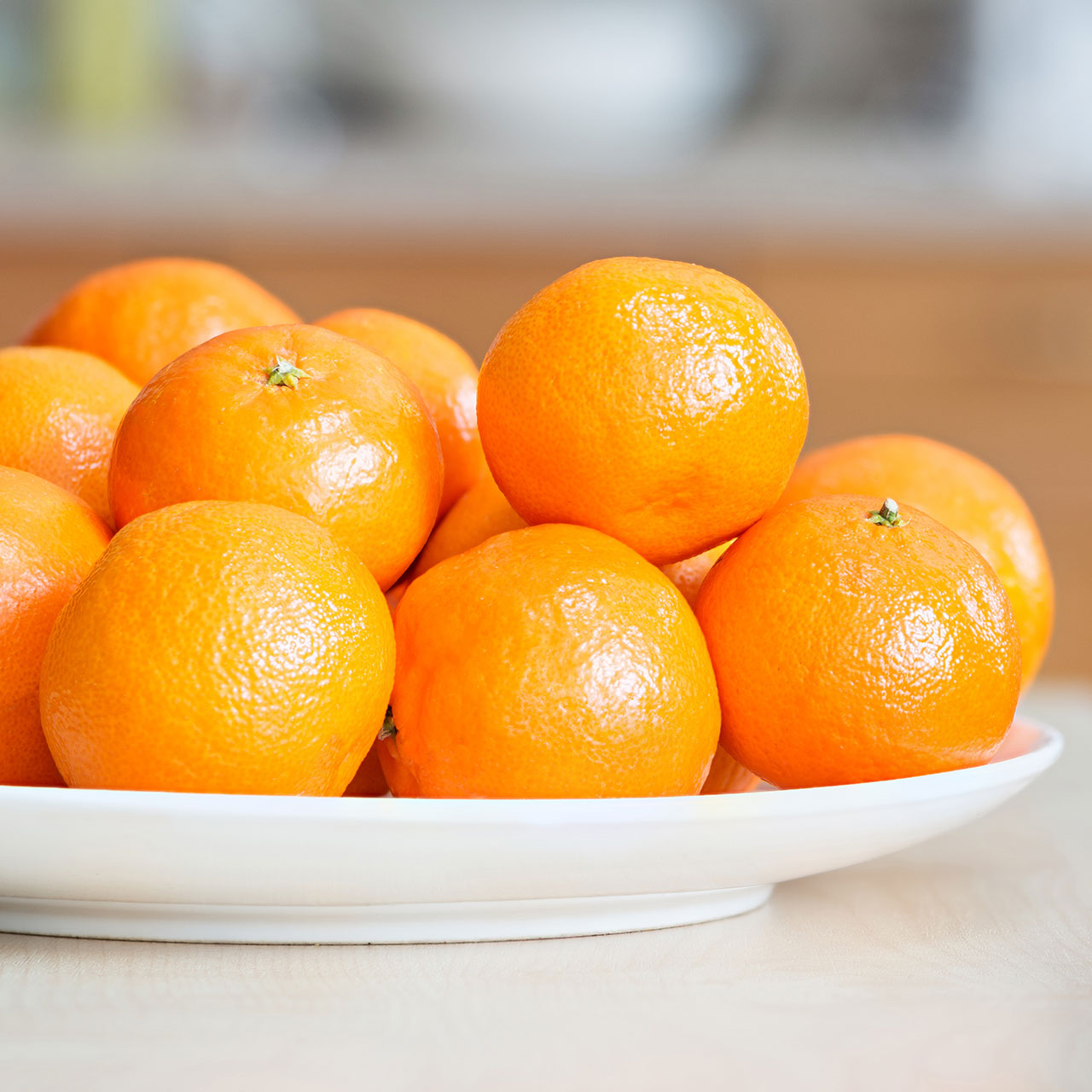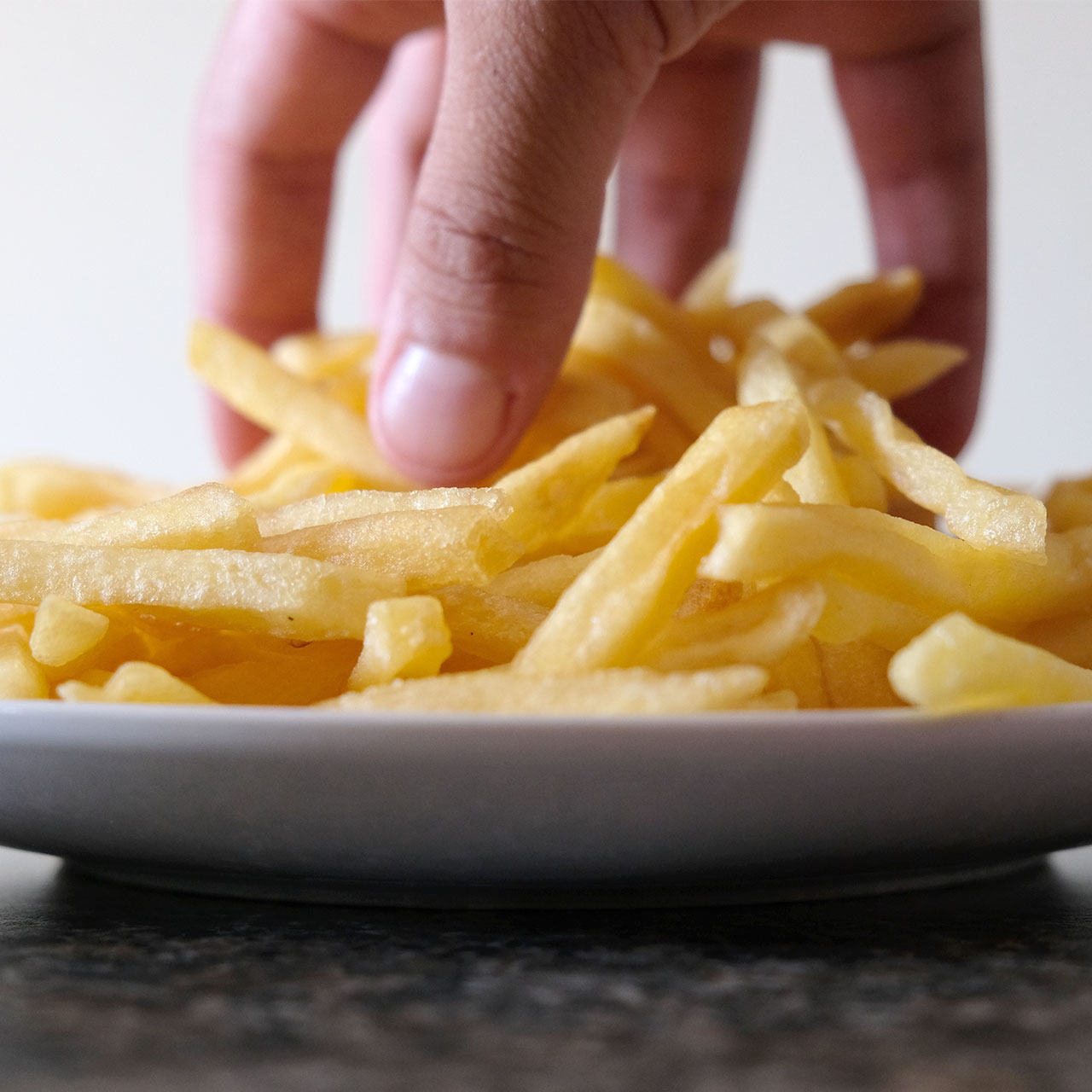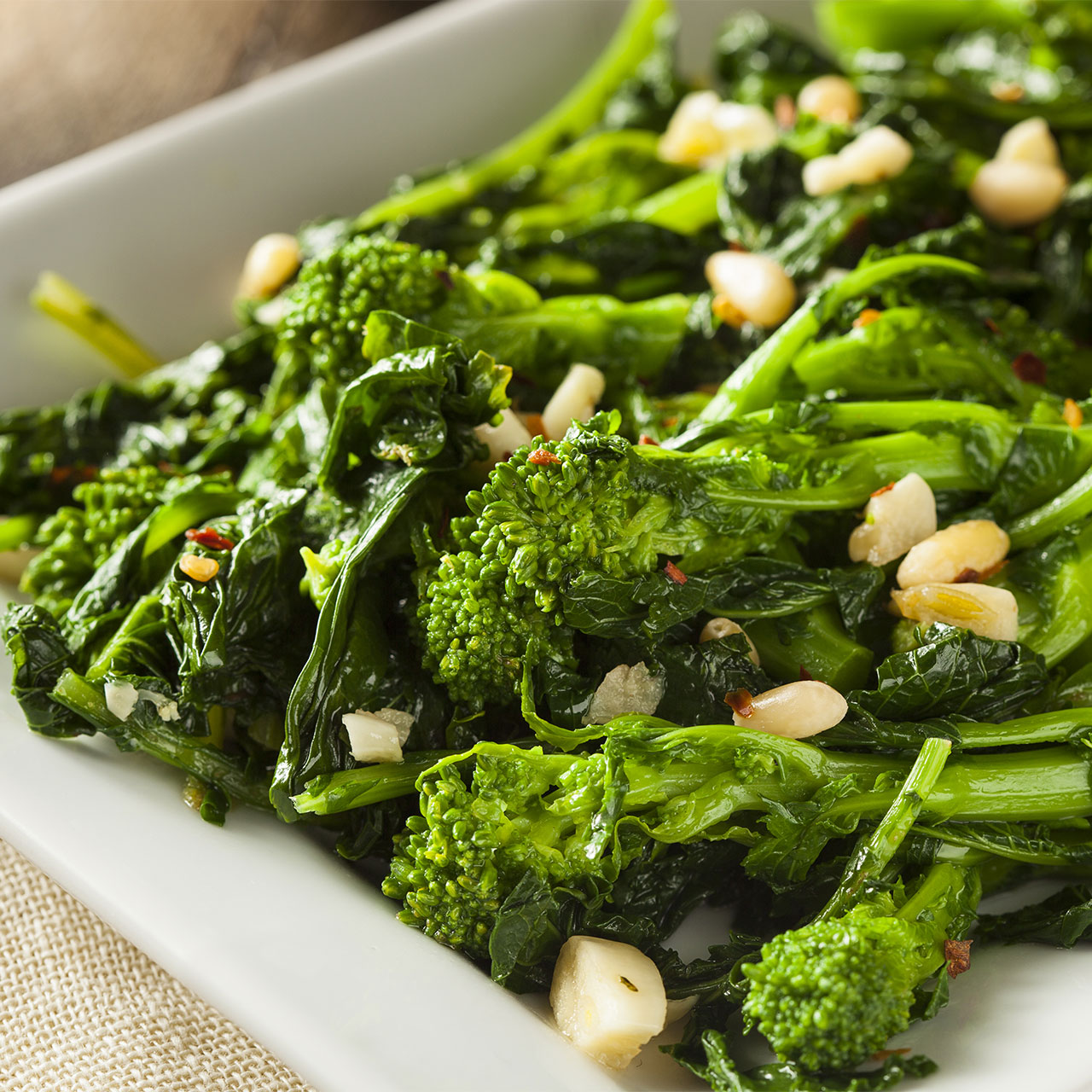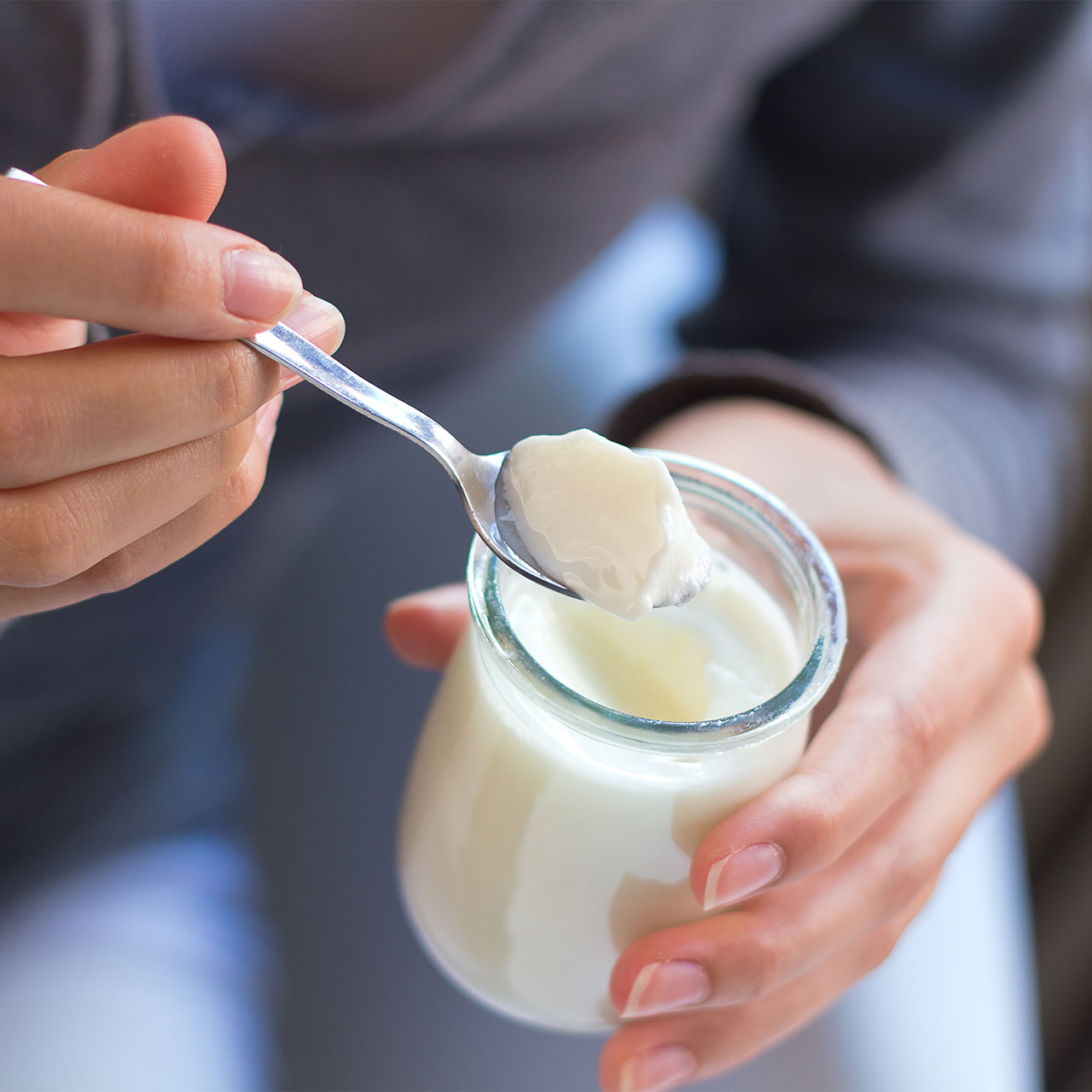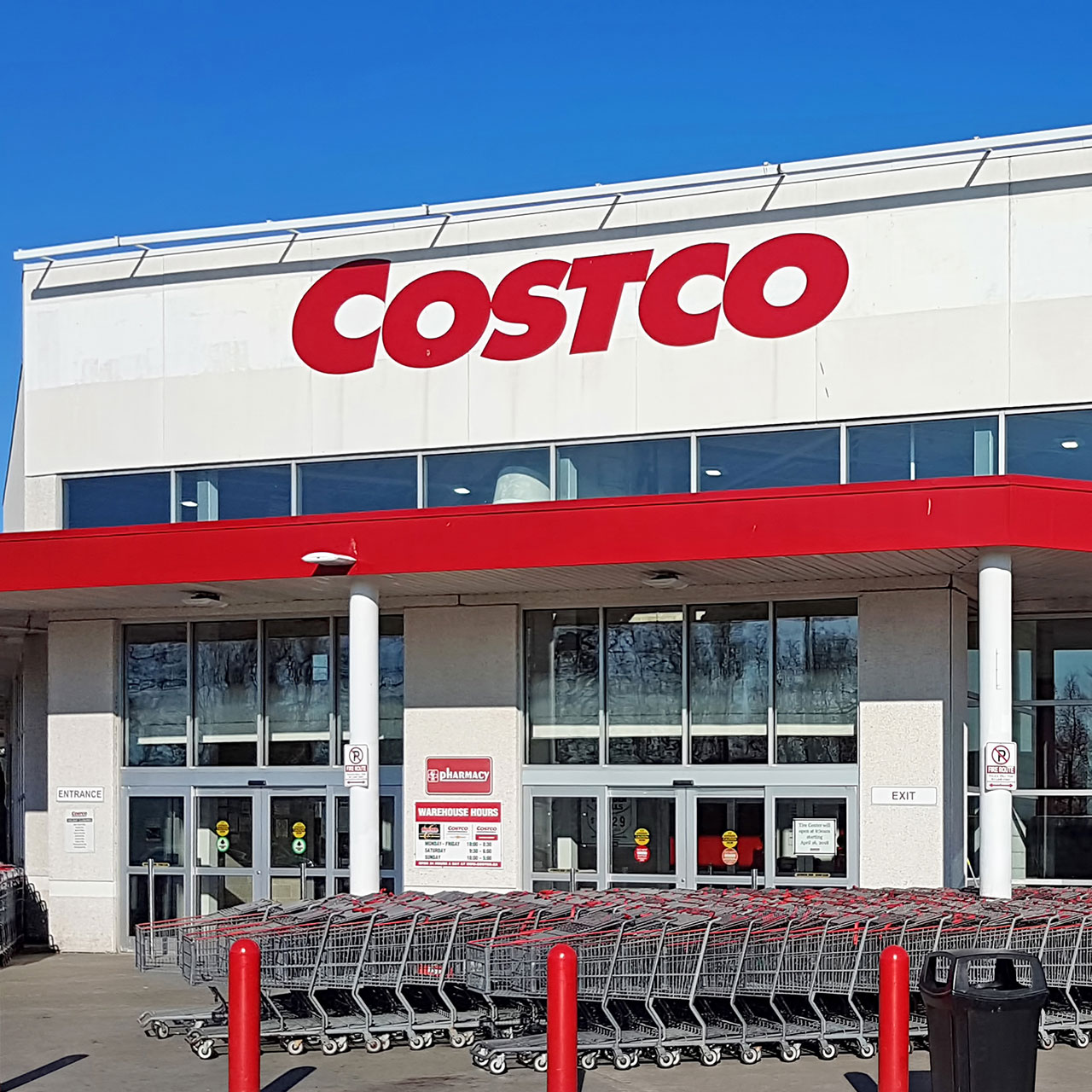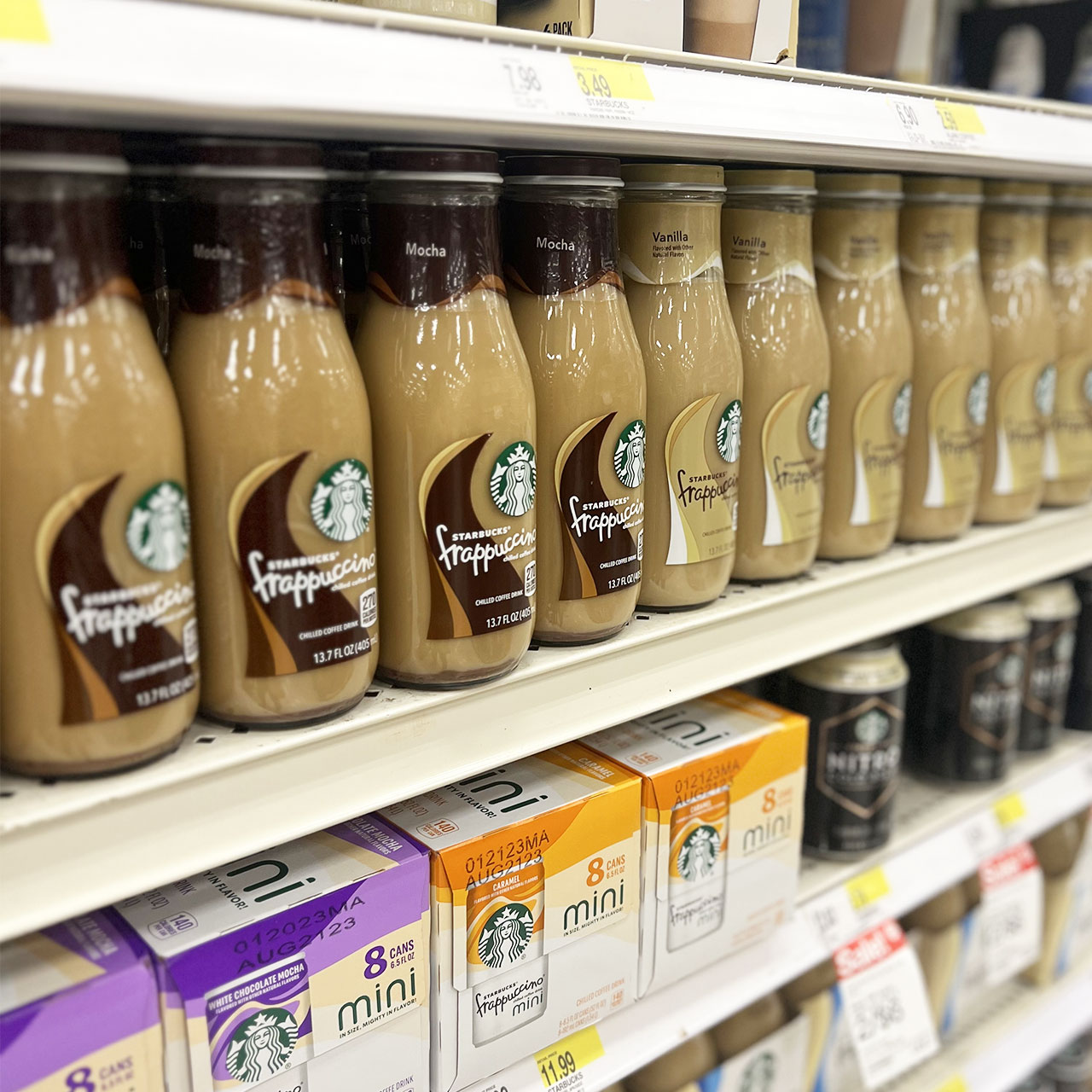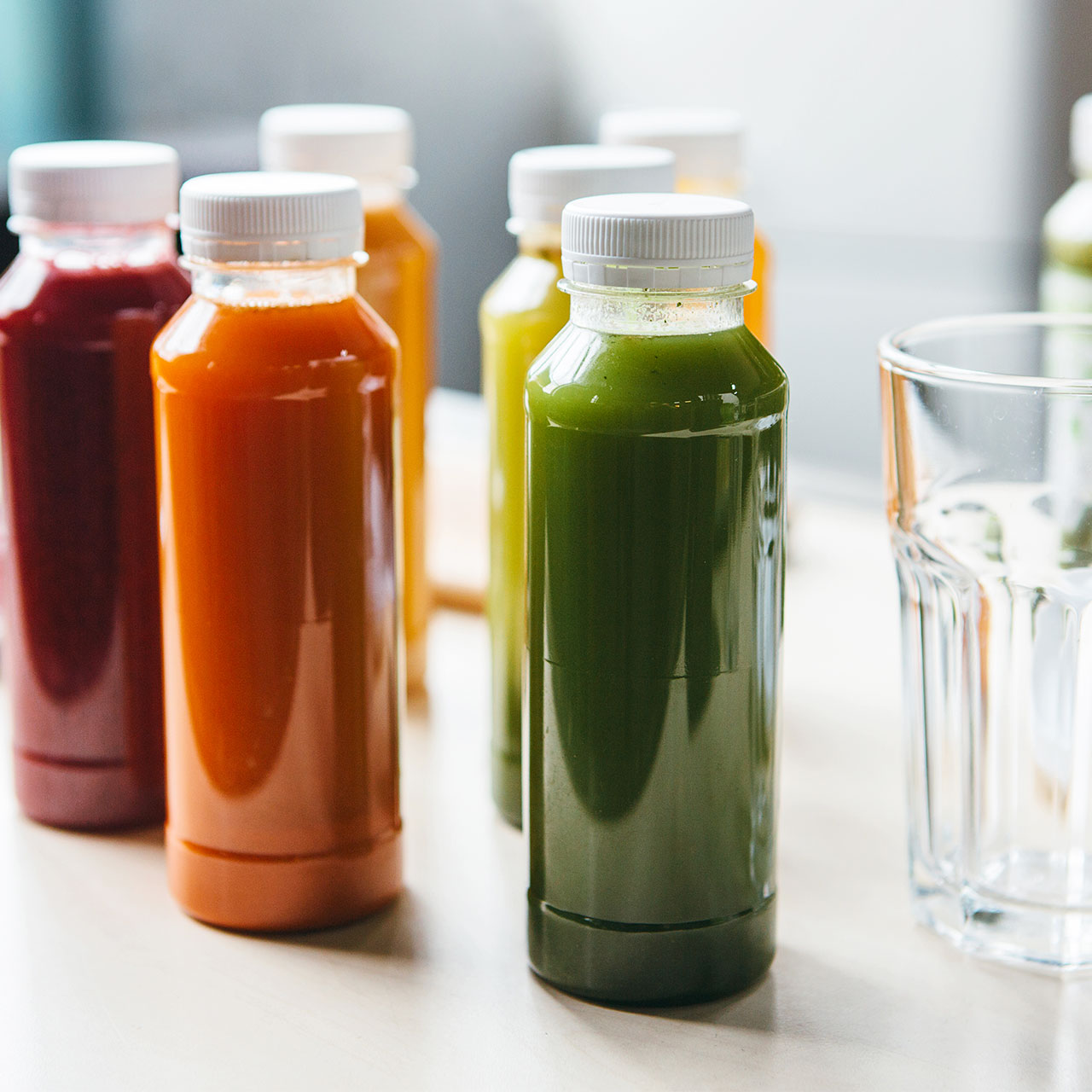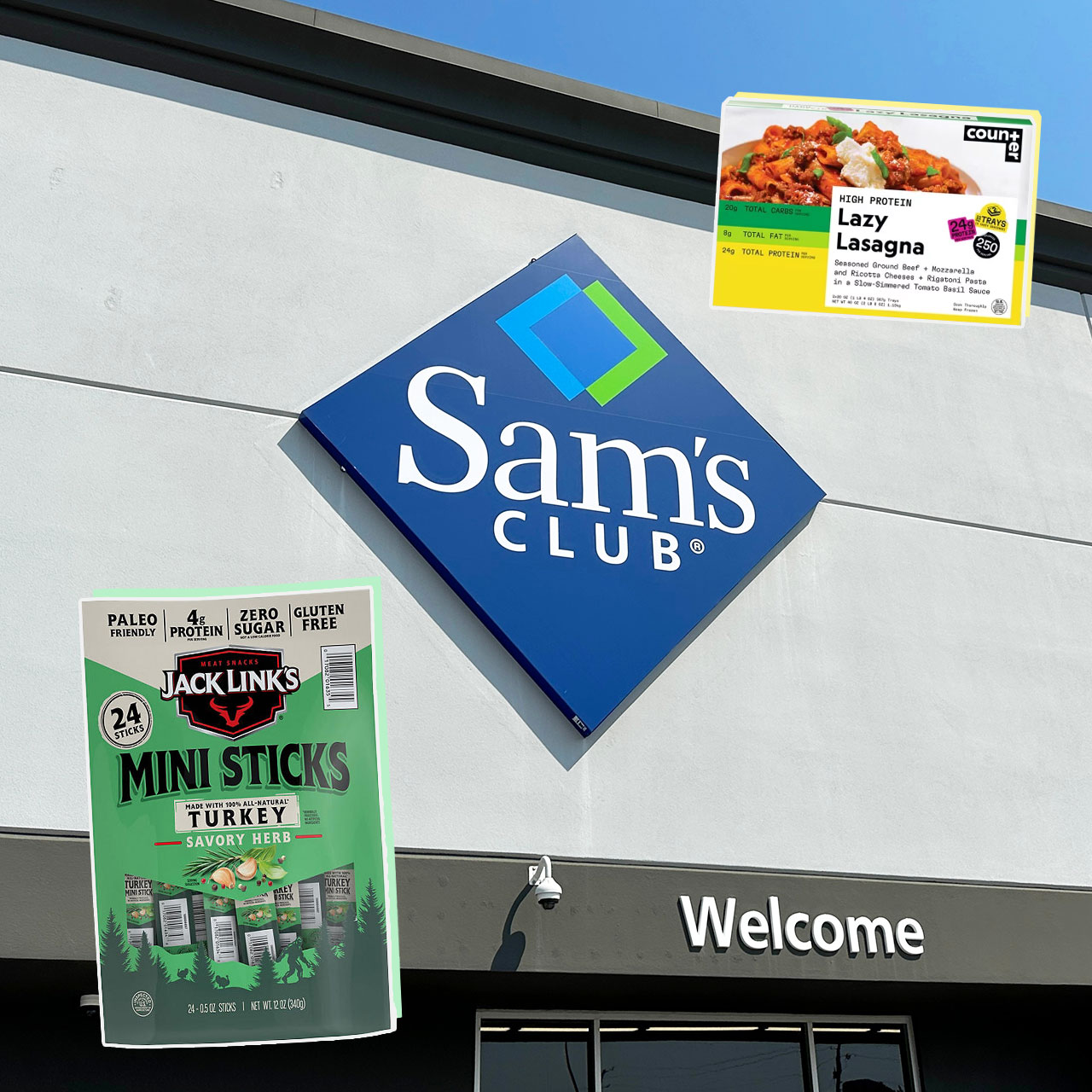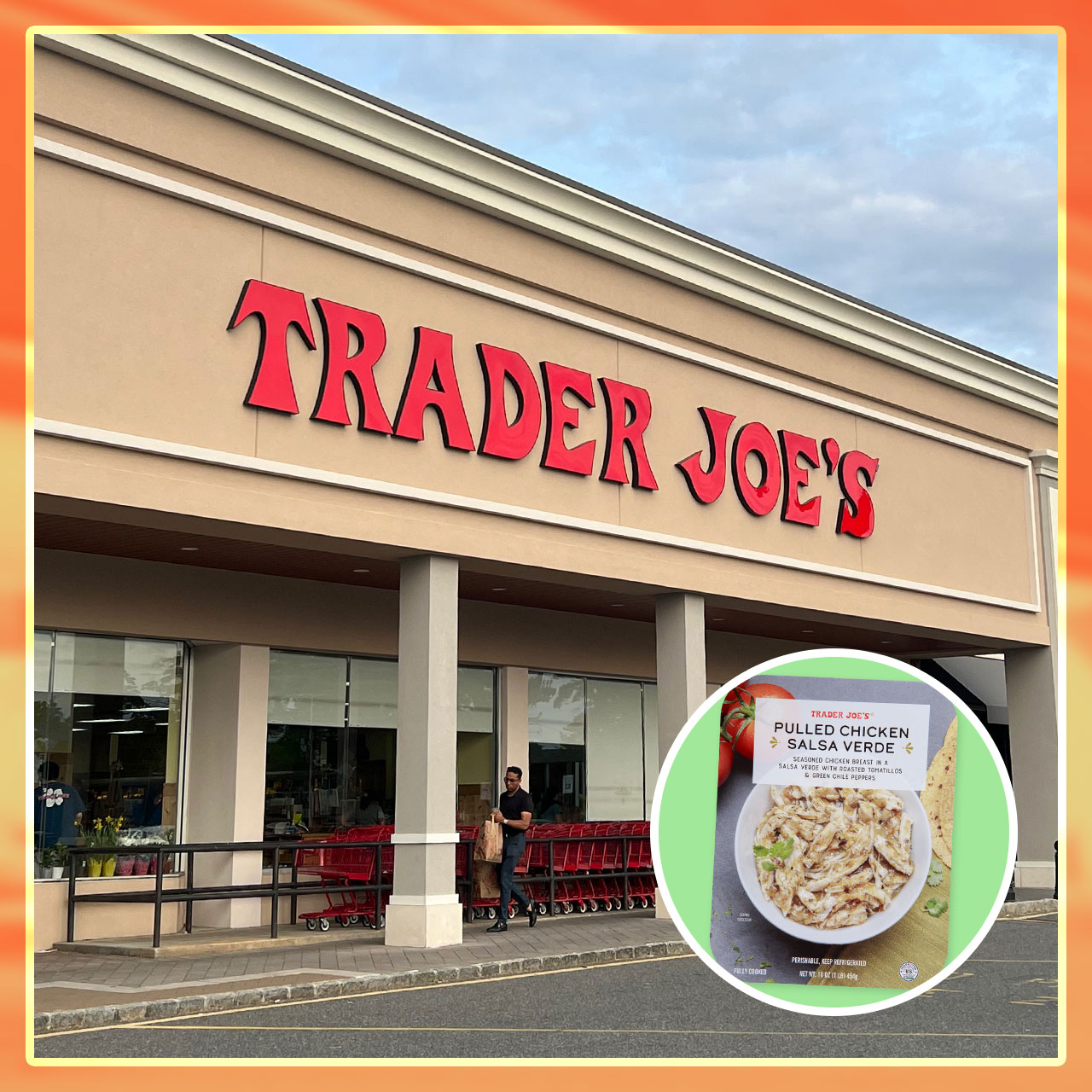This post has been updated since its initial publish date of 10/11/2022 for more expert insight.
If you frequently struggle with gut issues like gas and bloating, it’s more likely than not that the root of the issue lies somewhere in the beverages you’re drinking or the foods you’re eating. Unfortunately, even foods that are often deemed as great options for your overall health can lead to gut issues and general discomfort—and that includes many otherwise healthy vegetables.
To discover some of the most common vegetables that may actually take a toll on your gut health, we spoke to nutritionist Lisa Richards, creator of The Candida Diet, dietitian Trista Best of Balance One Supplements, registered dietitian and fitness expert Nataly Komova, nutritionist Sara Chatfield, MPH, RDN, and dietitian Johanna Angman. They told us that when it comes to gas and bloating, you may want to steer clear of brussels sprouts, onions, peas, and beans/legumes. Read on to learn why!

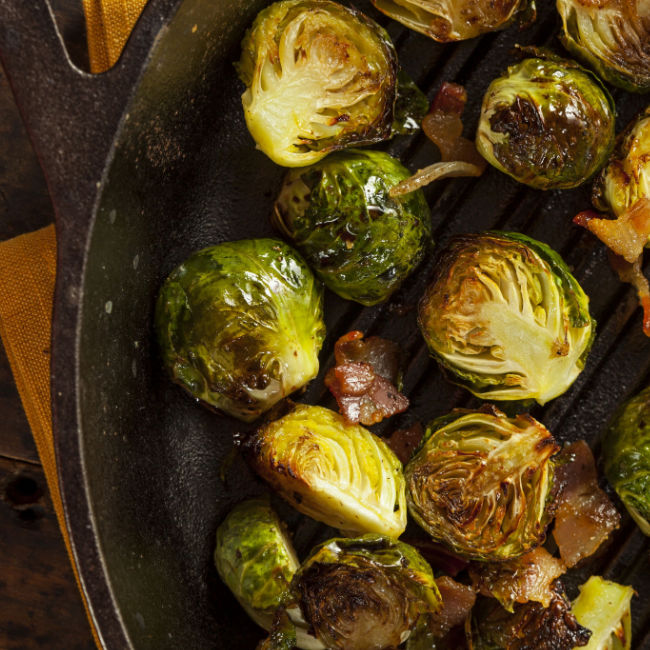
Brussels Sprouts
Although they're undeniably delicious and great for your body in moderation, Richards warns that those who struggle with digestive issues like gas and bloating may want to be wary of the ever-controversial brussels sprouts. She notes that while these veggies are packed with omega-3 fatty acids, making them a great option for those following a plant-based diet, they're also rich in fiber—which can be both good and bad for your gut. She explains that all that fiber "can cause gas and bloating in large quantities."
In addition to their high fiber content, you might want to avoid brussels sprouts because they contain fructans, "a type of carbohydrate that can be fermented once consumed," which "can potentially lead to painful gas and bloating." For this reason, it may be best to keep your brussels sprouts intake to a minimum if you struggle with these issues. As Richards says, "There is no need to completely cut out Brussel sprouts, but consider cutting back and evaluating other foods that may also be high in fructans that you can reduce as well."

Onions
Another veggie that contains a high amount of fructans is onion. Best explains that "this popular vegetable can be tough on the gut because it can be difficult to break down," especially in large quantities. "This can lead to gas, bloating, and abdominal discomfort as the gut bacteria struggle to break down these carbs," she explains. Unfortunately, there's more bad news for those of us who consider onions and garlic the pillars of any good recipe: "When paired with garlic this pain and discomfort in the gut can be worse," Best says.
Just as with Brussels sprouts, it's worth evaluating how your body reacts to onions in order to determine whether or not you should cut them out of your diet. "If you believe onions are causing issues for your gut health consider cutting back or eliminating them," Best suggests. "A reintroduction of onions after a few days will help you determine whether the symptoms were a cause of the onions or something else."
At the end of the day, everyone's body is different. Therefore, it's important to pay attention to how certain foods affect your gut if you really want to get down to the bottom of your digestive issues—and if you're not sure where to start, brussels sprouts and onions are two common culprits you may want to try eliminating.
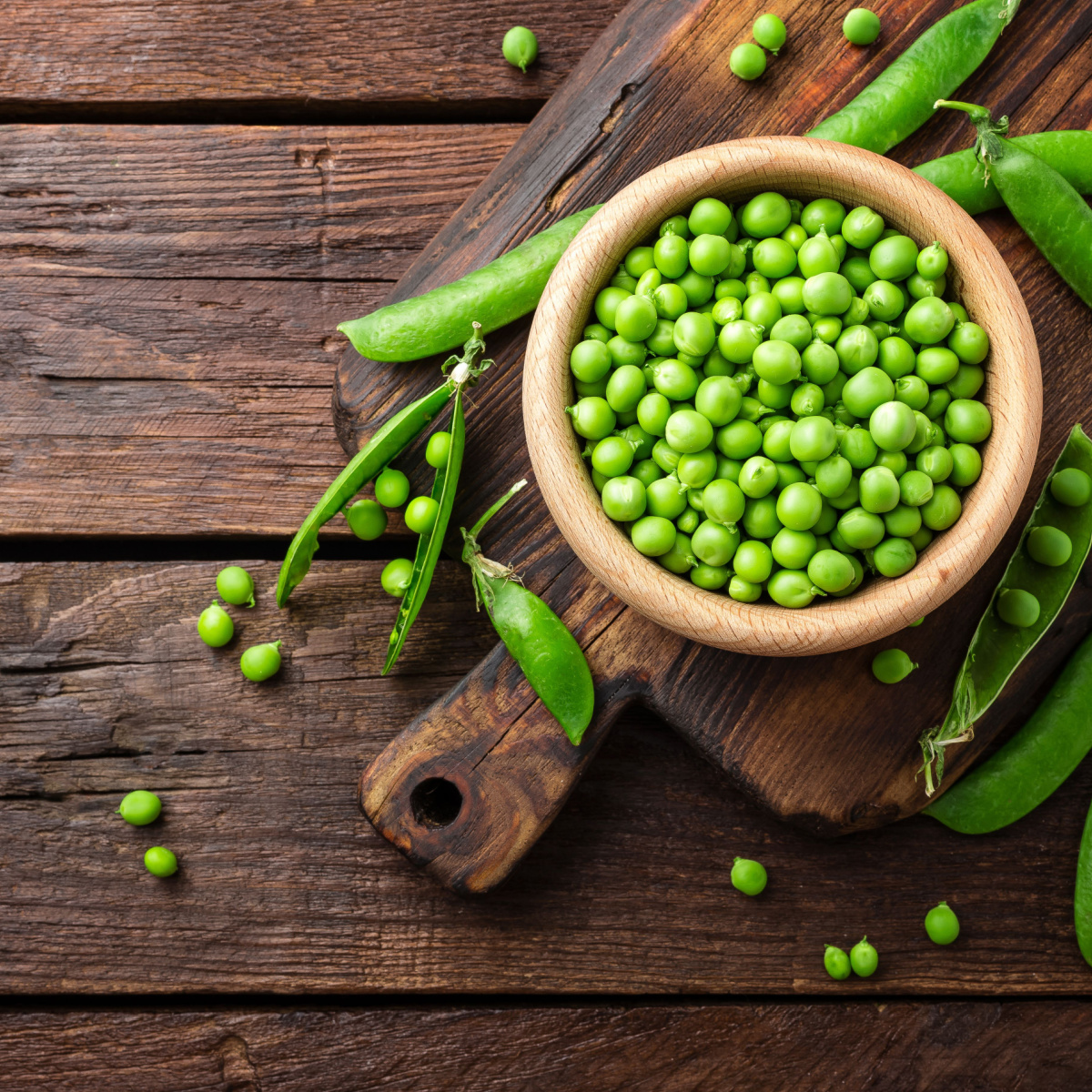
Peas
While peas offer various nutritional benefits, it's important to acknowledge that they may pose challenges for some individuals in terms of gut health. Peas belong to the legume family and contain certain compounds that can be difficult to digest for some people. These compounds may contribute to gas and bloating in individuals with sensitive digestive systems or irritable bowel syndrome (IBS).
Angman says that although they are certainly healthy for the most part, they may cause an upset stomach. "Peas contains fructose and mannitol, which contain sugars and alcohol that can result in stomach discomfort, especially when consumed in excess," she says. We're not telling you to cut them out of your diet completely, but Angman says you should "eat smaller portions per serving to reduce the irritation."
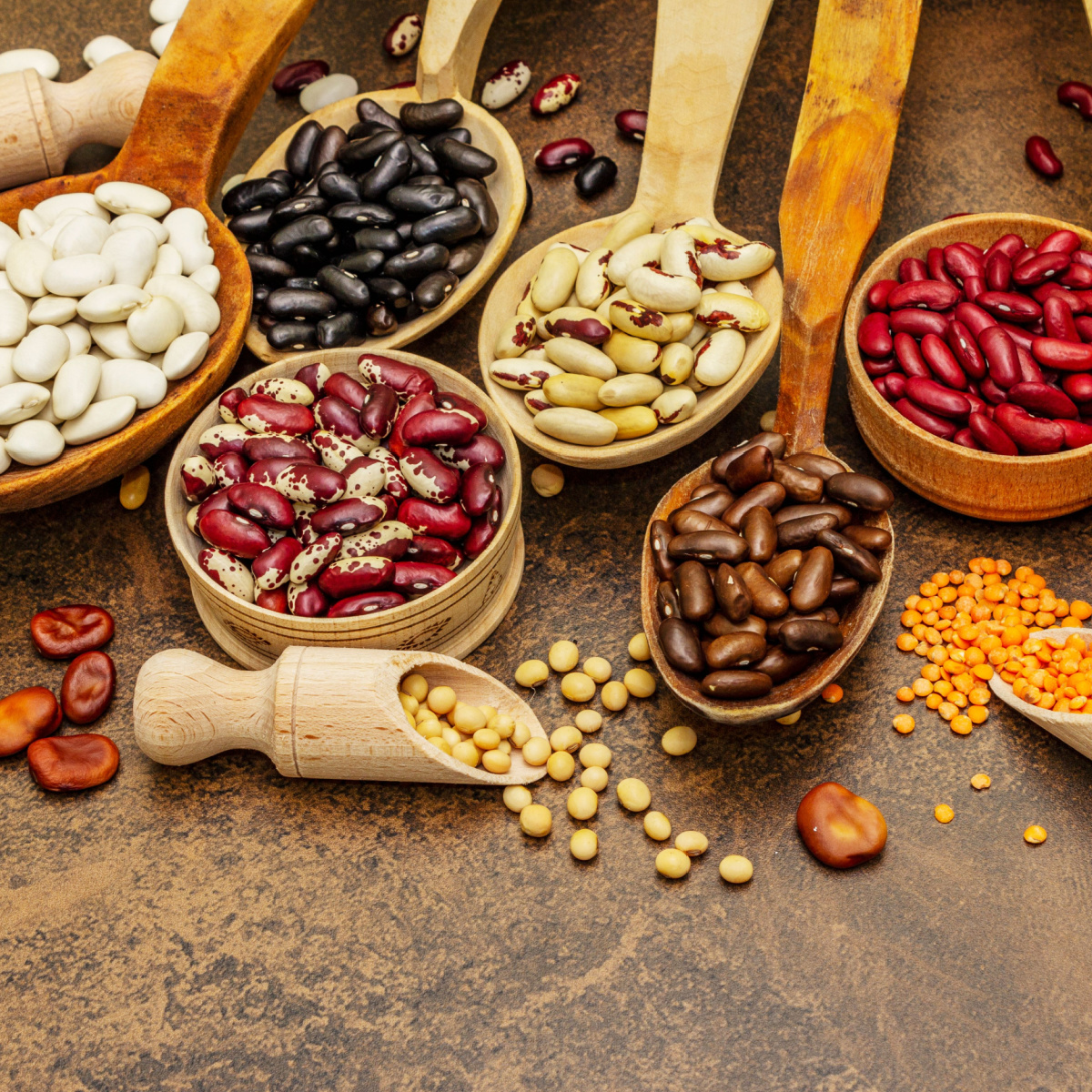
Beans/Legumes
Although certain beans can help boost your metabolism to lose weight, the galacto-oligosaccharides found in beans and legumes can cause indigestion and stomach inflammation. Beans, like lentils and peas, Komova explains, have high raffinose quantities, which is a complex sugar that is hard to digest. "They also can increase gassiness due to their high amounts of fiber," she says, "I recommend you limit intake of these foods if your stomach has regular indigestion problems."
While beans and legumes are a great source of protein and fiber, they can cause symptoms such as gas and bloating if you are not used to eating them, Chatfield says. These negative effects also arise if you "eat a large portion," she adds, or if you are "sensitive to the galacto-oligosaccharides in them."


